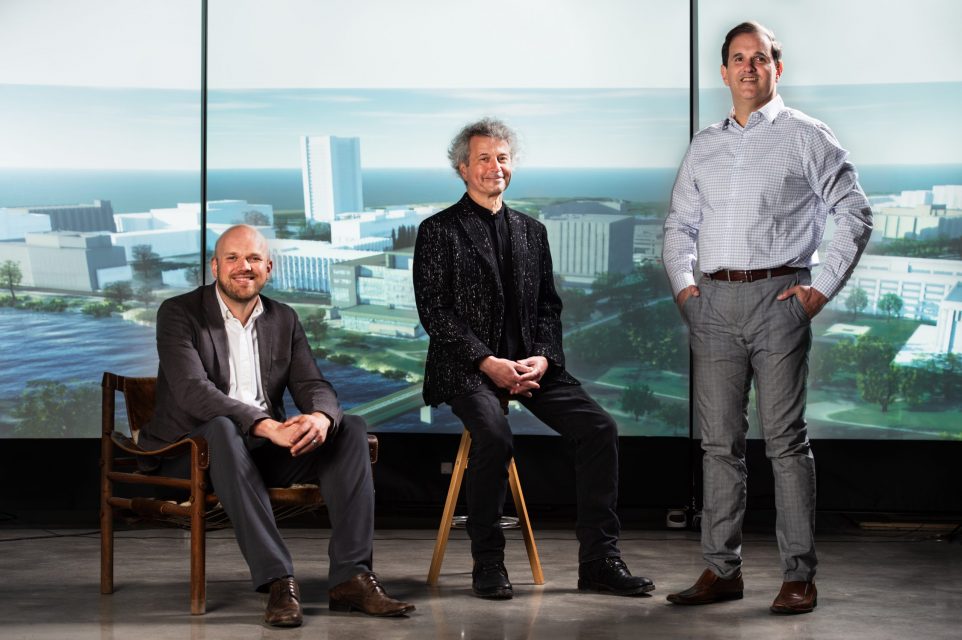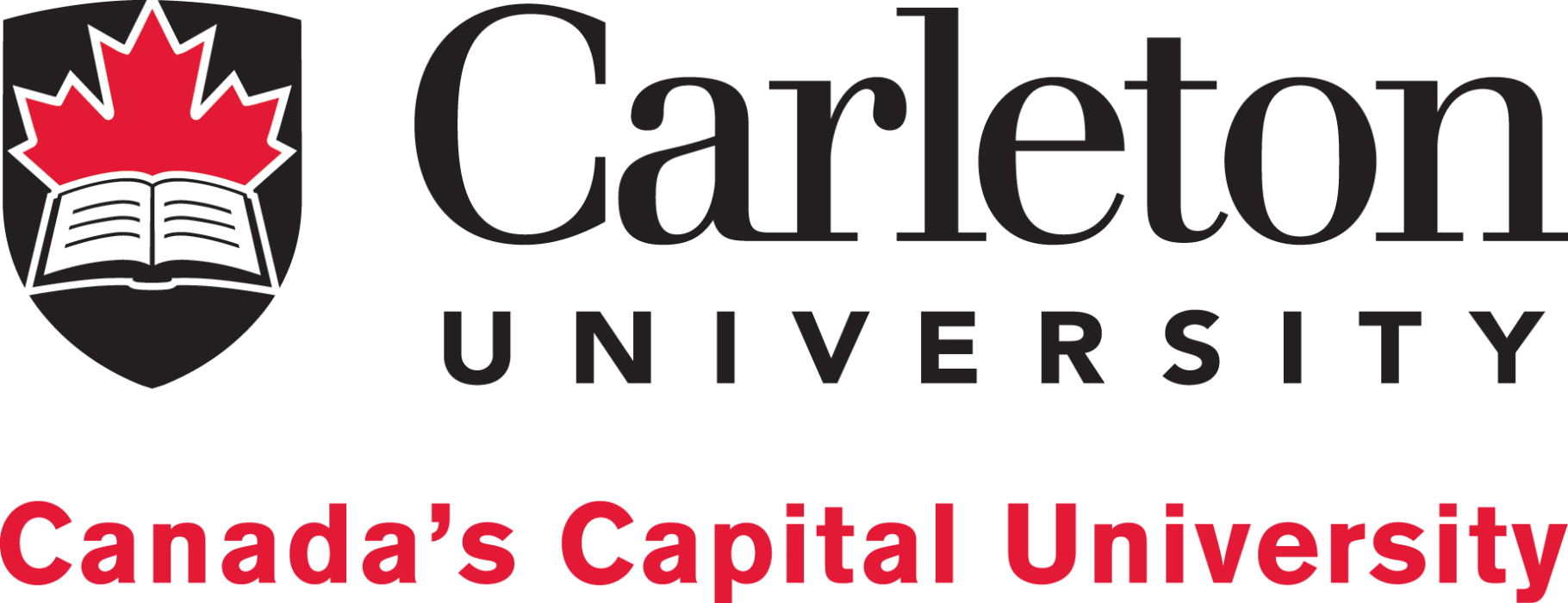We are always looking for partners who share our values and complement our skills to tackle real-world problems in new, innovative ways. Carleton University has completed construction of the Advanced Research and Innovation in Smart Environments (ARISE) building (right) that serves as a new home for applied research in clean technology, health technology and information and communication technology. ARISE is a living laboratory that will host industry partners and collaborators, and allow students to become entrepreneurs through early-stage commercialization development and facilitating interactions with partners of all sizes.
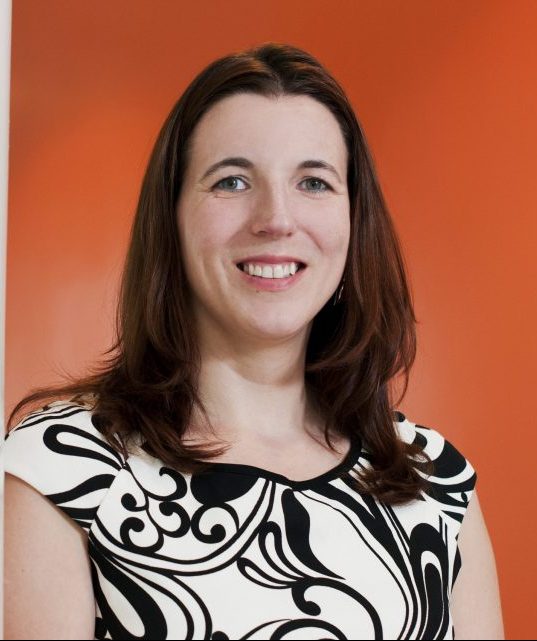
Climate change, inequalities, an aging population – it’s no secret that the challenges we’re facing are stark. Researchers at Carleton are rising to meet them with solutions that are innovative, inclusive, collaborative, connected, and sustainable.
The $1.5M Urbandale Centre for Home Energy Research hosted on Carleton’s campus was funded by the Canada Foundation for Innovation, the Ontario Research Fund, and various industry partners including homebuilder Urbandale Corporation. Opened in 2017, the world-class research facility is a long-term test bed for innovative concepts that challenge the traditional way houses are designed and built, with a goal to reduce energy use and greenhouse gas emissions in the Canadian residential sector.
Just a Quick Note:
InnovationsOfTheWorld.com has partnered with Trade License Zone (TLZ) to support global innovators looking to expand internationally. Take advantage of the UAE’s Free Zones—enjoy streamlined setup, low corporate taxes, and a strategic gateway to the Middle East and beyond.
Get Your UAE Free Zone License Fast & Easy!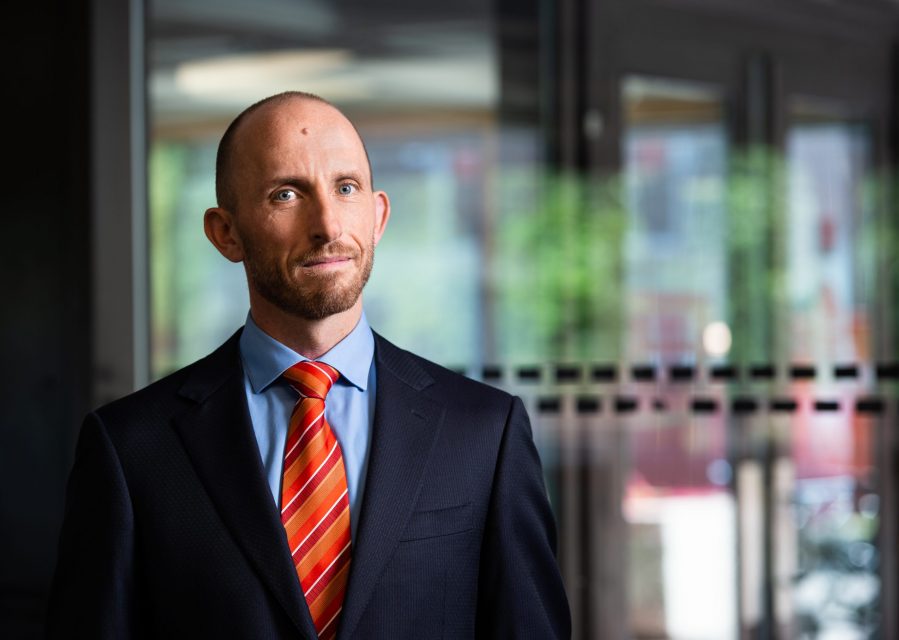
“Recognized by the Web of Science Group as one of the world’s most highly cited researchers, School of Information Technology Professor Dr. Richard Yu, believes that emerging technologies like autonomous vehicles will generate too much data for even the fastest networks. To achieve full autonomy, vehicles will need to share what their onboard neural networks have learned about their local environment.
Carleton is a hub for cybersecurity, with deep roots in the field. While working with Entrust in the 1990s, Dr. Paul Van Oorschot contributed to one of the world’s first generic public key infrastructure (PKI), a type of asymmetric cryptography that is critical to the security of cell phones and e-commerce. Today, Carleton researchers like Sonia Chiasson, Canada Research Chair in User-centric Cybersecurity are tackling emerging challenges such as developing secure authentication for youth, securing critical infrastructure and improving e-Health systems.

5G networks are only beginning to take shape, but Dr. Richard Yu is already envisioning what the next ‘next generation’ of cellular networks could look like. 6G won’t arrive until 2030, but Yu envisions these networks will enable us to share more than just data – 6G will facilitate the transfer of artificial intelligence.
Yu’s research is just one part of Carleton’s autonomous vehicle research cluster. In-house expertise in emerging technologies like AI and sensor fusion led us to partner on the new L5 Autonomous Test Track, where researchers can deploy new technologies in an environment that’s controlled and realistic.
, 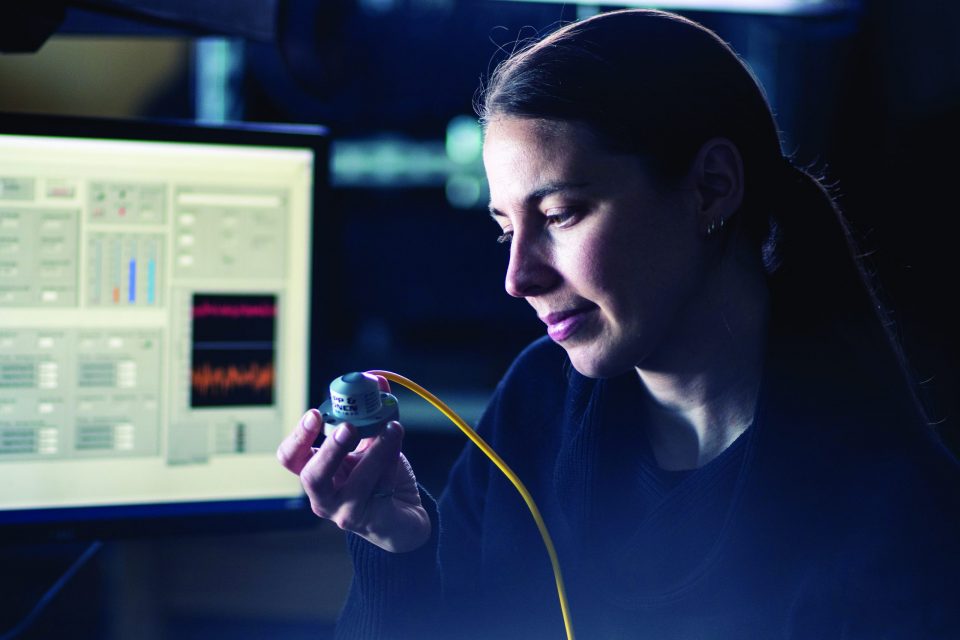
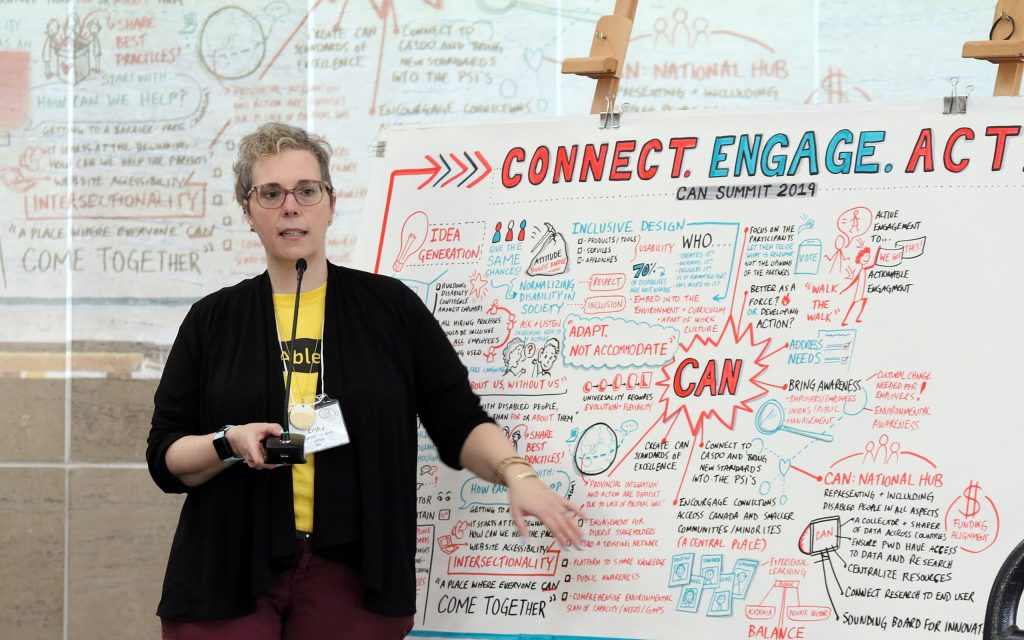
Our researchers are working to improve sustainability – especially in energy- intensive cold weather environments. Dr. Stephan Gruber was the lead author of a chapter on high mountain areas in the Intergovernmental Panel on Climate Change’s Special Report on the Ocean and Cryosphere in a Changing Climate, and he’s leading PermafrostNet, one of two NSERC Strategic Networks funded in 2019, that brings together 12 universities and more than 40 partner organizations to monitor, predict and adapt to thawing permafrost.
Every 15 seconds, a child somewhere in the world dies from a preventable waterborne disease. Globally, 1.1 billion people lack access to clean drinking water. In Canada, rural and remote communities, especially in the North, frequently lack clean water and adequate wastewater treatment. Professor Banu Örmeci, who serves as the Jarislowsky Foundation Chair in Water and Global Health, leads an innovative and internationally recognized research program on wastewater and biosolids treatment at Carleton. (Photo by Luther Caverly)
, 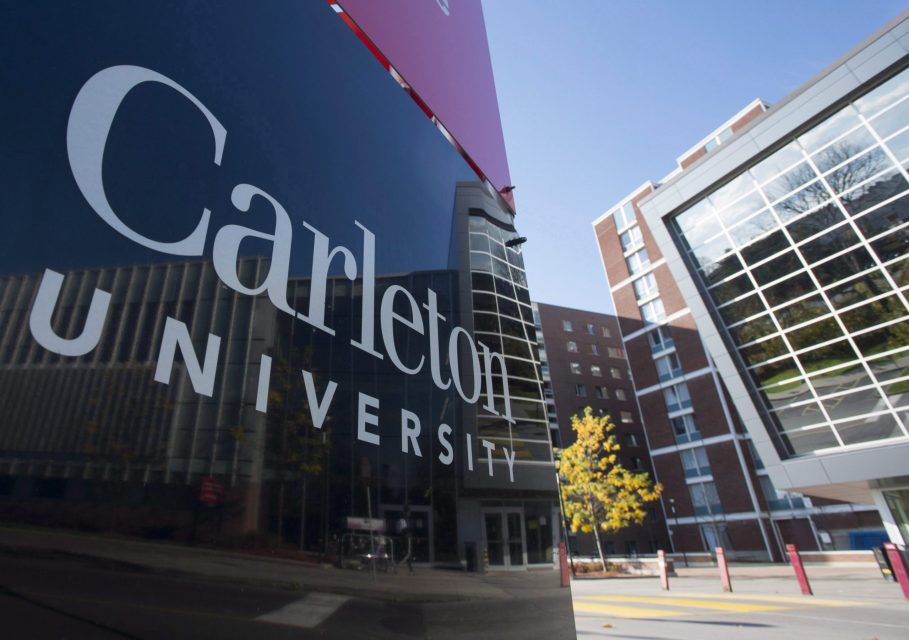
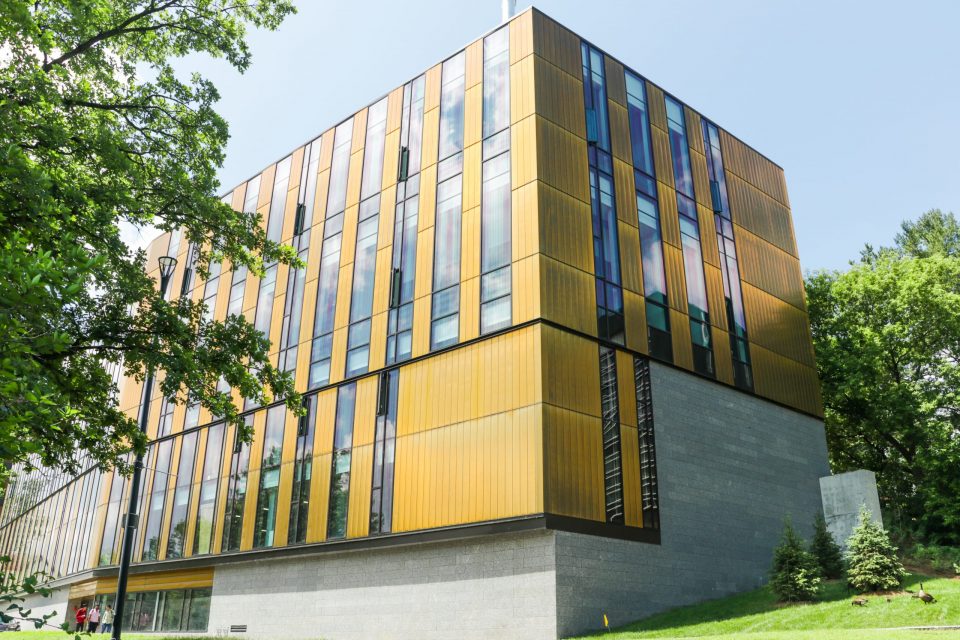
We’re also reducing our own carbon footprint. In 2019, Carleton’s work to make itself more sustainable garnered it a campus sustainability ranking of 2nd in Canada and 35th in the world, as announced by UI GreenMetric. Over the past decade, we’ve reduced our carbon emissions intensity by 35%, and we’re working to further reduce our emissions.
Cynthia Cruickshank is taking a more analog approach. The Professor of Mechanical and Aerospace Engineering has been awarded a $5.1 million grant to develop better building envelope technologies. She’ll be developing experimental materials – windows, doors and insulation that keep the elements out – and training students at the Carleton University Centre for Advanced Building Research, a purpose built energy efficiency lab.
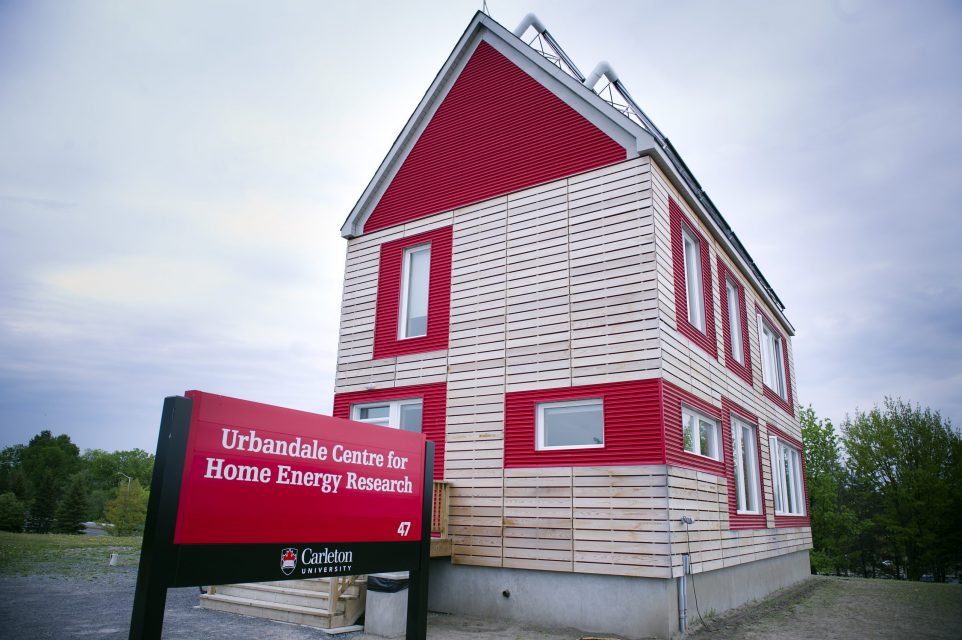
“Researchers in our Department of Civil and Environmental Engineering are also mining data to identify inefficiencies in how campus buildings are heated and cooled.
“Inclusivity is a key element of our vision. Carleton is working to ensure women are included in non traditional fields like defence and security studies, and we are a leader in providing accessibility services to our students.
When the Accessibility Canada Act was passed in 2019, we saw an opportunity to take a leadership role on a national level. The Canadian Accessibility Network brings together experts from academia, NGOs and government to facilitate collaboration on areas of core importance. We want to ensure that all of our students have the opportunity to succeed, and believe that when students are given the opportunity to make the most of their abilities, we all win.
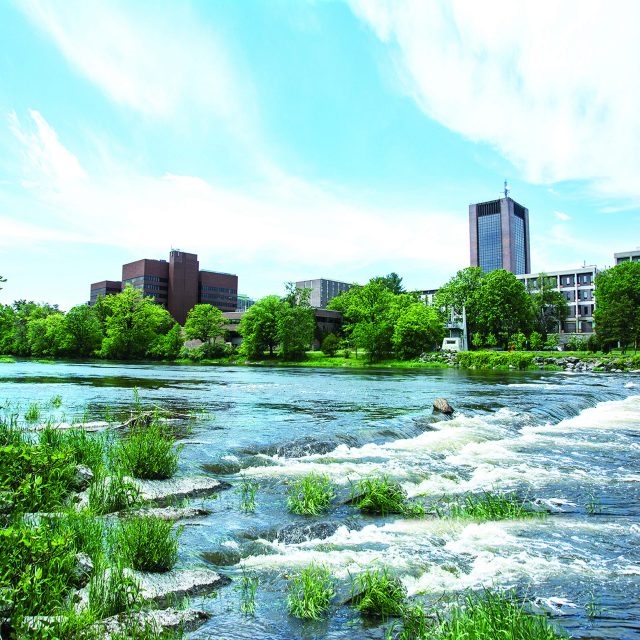
Carleton isn’t only about advanced research. By partnering with innovative companies on co-op and internship programs, we’re training the tech workforce of tomorrow. Our students can gain experience at local tech leaders like QNX and Shopify, and we’ve partnered with universities throughout eastern Ontario and western Quebec to foster expertise in drones through the Uninhabited Aircraft Systems Training, Innovation and Leadership Initiative, which offers graduate students work experience and course credit through placements with drone companies across Canada.
The Sensor-based Unified Simulation Techniques for Advanced In-Building Networks (SUSTAIN) project is optimising building energy use. A multi-disciplinary collaboration between systems engineers and designers, SUSTAIN uses 3D laser scanning technology, generative design and computer modelling to identify inefficiencies – and generate design options that could improve them. It’s starting out on campus, but these techniques could improve the management of large buildings anywhere.
